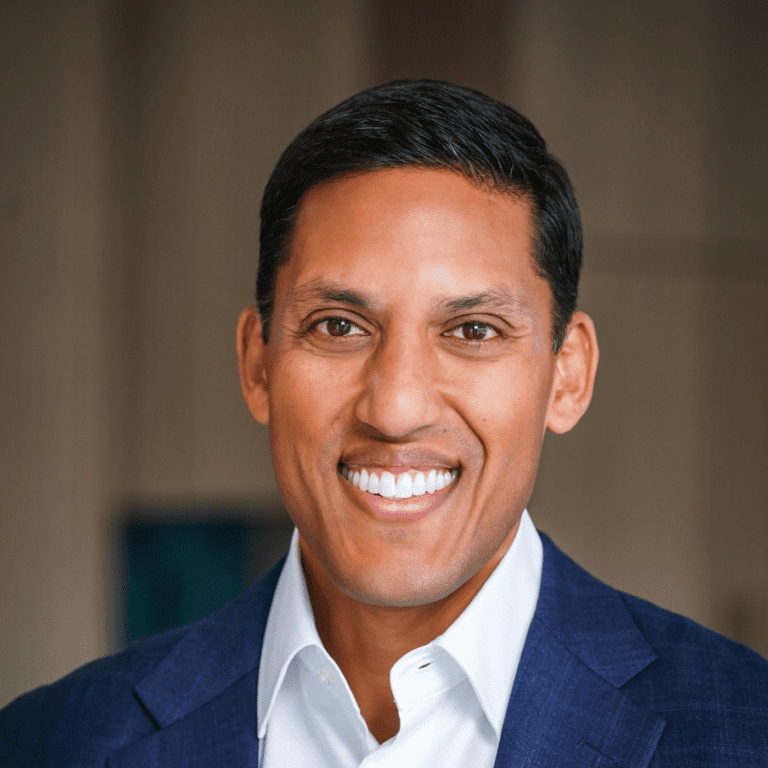In August 2021, the International Monetary Fund’s Board of Governors approved a general allocation of Special Drawing Rights (SDRs), an international reserve asset designed to supplement member countries’ official reserves. This allocation, the largest ever at $650 billion, was intended to help countries respond to the impacts of the Covid-19 pandemic. Unfortunately, the resources never adequately reached the countries that needed them most. For example, African countries received $33 billion, just 5% of the total and a far reach from what was needed.
On Monday at COP28, world leaders took an important step toward righting that wrong. At a session co-hosted by the COP28 Presidency, African Development Bank (AfDB), Inter-American Development Bank (IDB), and the governments of France and Japan, several nations committed to supporting an initiative to re-channel unused SDRs through multilateral development banks (MDBs) to increase lending to address climate change, rising inflation, food insecurity, and other challenges.
On behalf of The Rockefeller Foundation, I want to welcome the leadership shown by the governments of Japan and France, which committed to support the AfDB and the IDB’s model, and thank the COP28 Presidency for their support. We are also appreciative of the continuing work by Spain and the United Kingdom to advance this initiative. We welcome Brazil’s confirmation that efforts to re-channel SDRs through MDBs will be part of their agenda for their 2024 G20 Presidency.
Every nation – and person – deserves the opportunity to develop and thrive despite the 21st century’s challenges, including most dangerously the climate crisis. Right now, too few have the means to do so. Unlocking the promise of the SDRs is one way to help. The Rockefeller Foundation looks forward to working with these countries, the AfDB and the IDB, and many others to ensure the international financial architecture empowers people everywhere.
Recent News
- Jul 23 2024Rockefeller Foundation’s Economic Opportunity Coalition Adds New Fortune 500 Companies to its Initiatives
- Jul 22 2024Statement by Dr. Rajiv J. Shah, President of The Rockefeller Foundation, on President Biden’s Decision Not To Pursue Reelection
- Jul 18 2024Rockefeller Foundation’s Economic Opportunity Coalition Announces New Chair & 3 Additional Fortune 500 Companies

